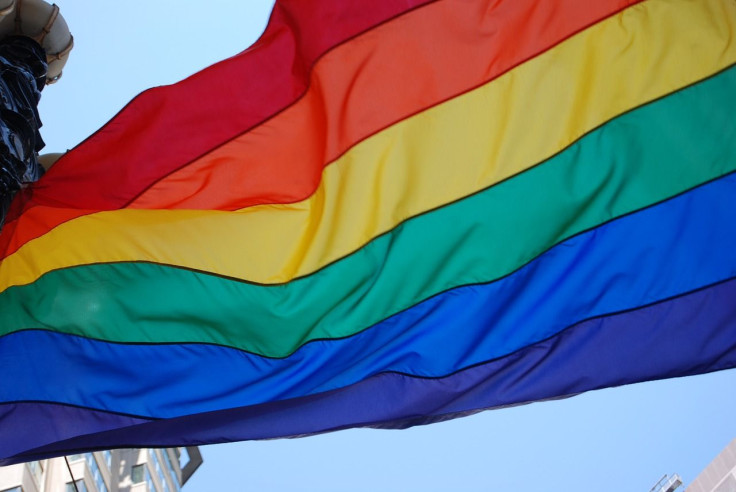Help For Parents Of Transgender Kids

(Reuters Health) - At the annual Gender Odyssey conference this week in Seattle, parents and healthcare providers who care for transgender and gender-nonconforming children are receiving a crash course on a world often left unexplored.
Gender Odyssey began 15 years ago in Seattle as a collection of people discussing transgender and gender-nonconforming issues, but it has since ballooned to include programming specifically for families and healthcare providers. This week, more than 1,200 attendees are expected.
"I wanted us to come together and give and take," said Aidan Key, who founded the conference.
The goal of the professional programming is to advance medical standards and guidelines. Meanwhile, the family programming focuses on parents' and children's experiences, and their future.
Parents "feel like they’re having to advocate for their children in an arena they never thought they’d have to navigate," Key told Reuters Health.
"At the very least, what I want them to know is that their child can have a fantastic future," said Key. "I want them to be able to leave and have a connection that will help sustain them throughout the year."
After not finding the right fit among a few support groups, Evelyn Montanez, a mother and teacher from Redmond, Washington, came to Gender Odyssey in 2015 at the suggestion of a family member.
This year at Gender Odyssey, Montanez said she'll be paying special attention to sessions about medical care and insurance as her son, who is transgender, enters college.
"It’s an incredible safe space to talk about our experiences and a space to share positive things," said Montanez.
"Last year was positively overwhelming," she said. "There was so much information I was learning. All the workshops were amazing, but what stood out to me was the student panel – the kids. It was really good for me as a mom to see where the kids are at different stages."
There are no national estimates of the number of transgender or gender diverse youth in the U.S., but The Williams Institute at the UCLA School of Law says about 1.4 million U.S. adults identify as transgender.
This year, medical professionals attending Gender Odyssey are offered sessions on barriers to care for transgender and gender-nonconforming youth, talking to young children about gender, and hormone use among gender diverse youths.
Medical school curricula currently devote only about five hours to issues affecting lesbian, gay, bisexual and transgender communities, said Dr. Aron Janssen, who is clinical director of the gender and sexuality service at NYU Langone Medical Center in New York City.
"As physicians at least we have an ethical responsibility to treat the patients who come through our doors," said Janssen. "It’s not an excuse to say you haven’t been trained."
Janssen said healthcare providers, parents and children can all benefit from conferences like Gender Odyssey, but for those who can't attend, online resources are available. He usually recommends Gender Spectrum (www.genderspectrum.org) and TransYouth Family Allies (www.imatyfa.org).
According to Key, one of the most powerful and consistent benefits for children and families is meeting other people with similar backgrounds.
"You can immediately find kinship and find someone who understands your experience," he said.
Montanez said her goal this year is to exchange phone numbers and email addresses with two families at the conference who live outside the Seattle area.
"I think now that I’m going to be an empty nester, I want to be more involved with communities and families," she told Reuters Health. "I think it’s important to hear they're not alone and they have friends going through the same thing."
Every person develops a gender identity, Janssen said, and that identity doesn't always align with what is typically portrayed in the media and online.
"There is beauty in that diversity," he said.
SOURCE: http://bit.ly/2aDOHdX Gender Odyssey, August 4-7, 2016.



























